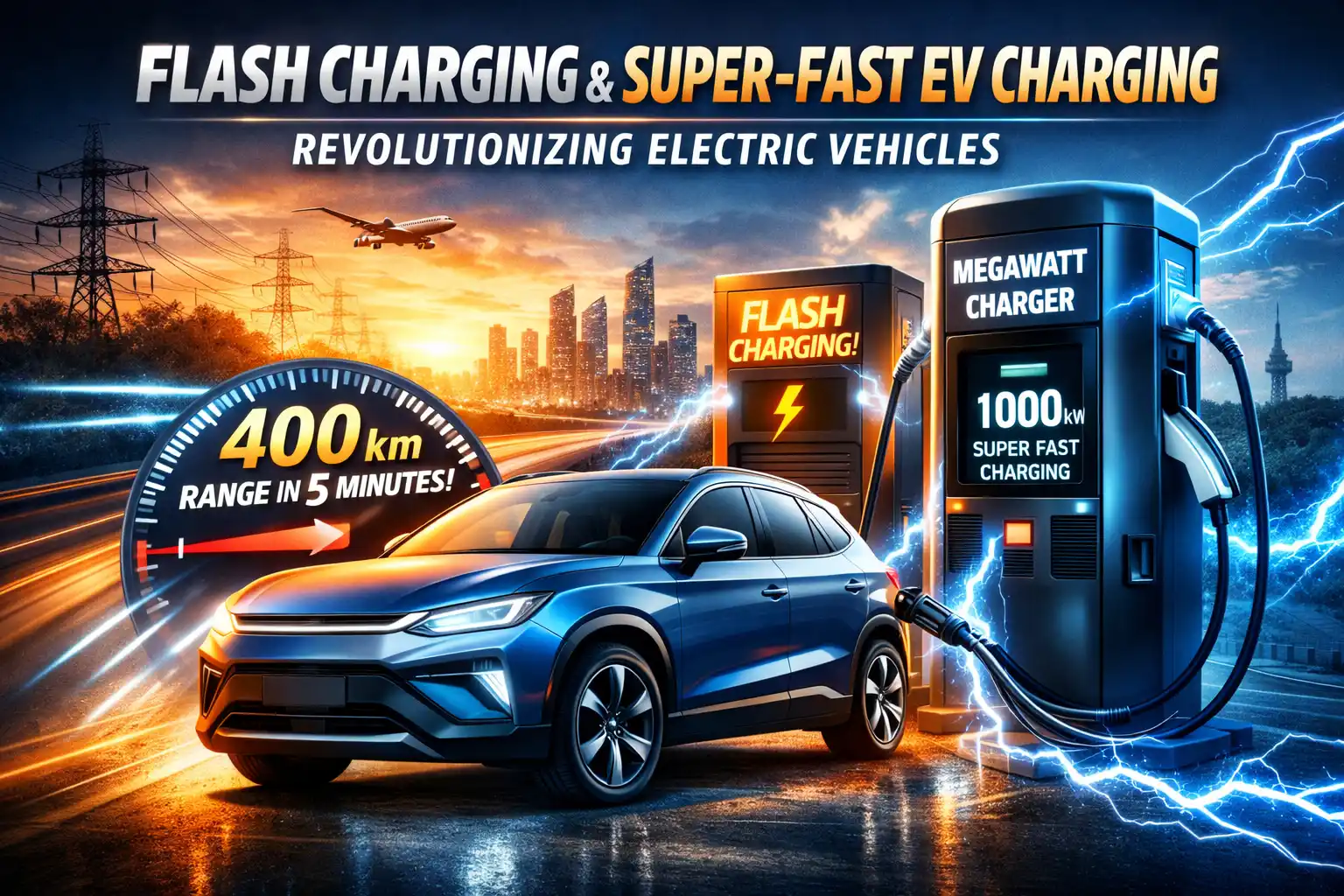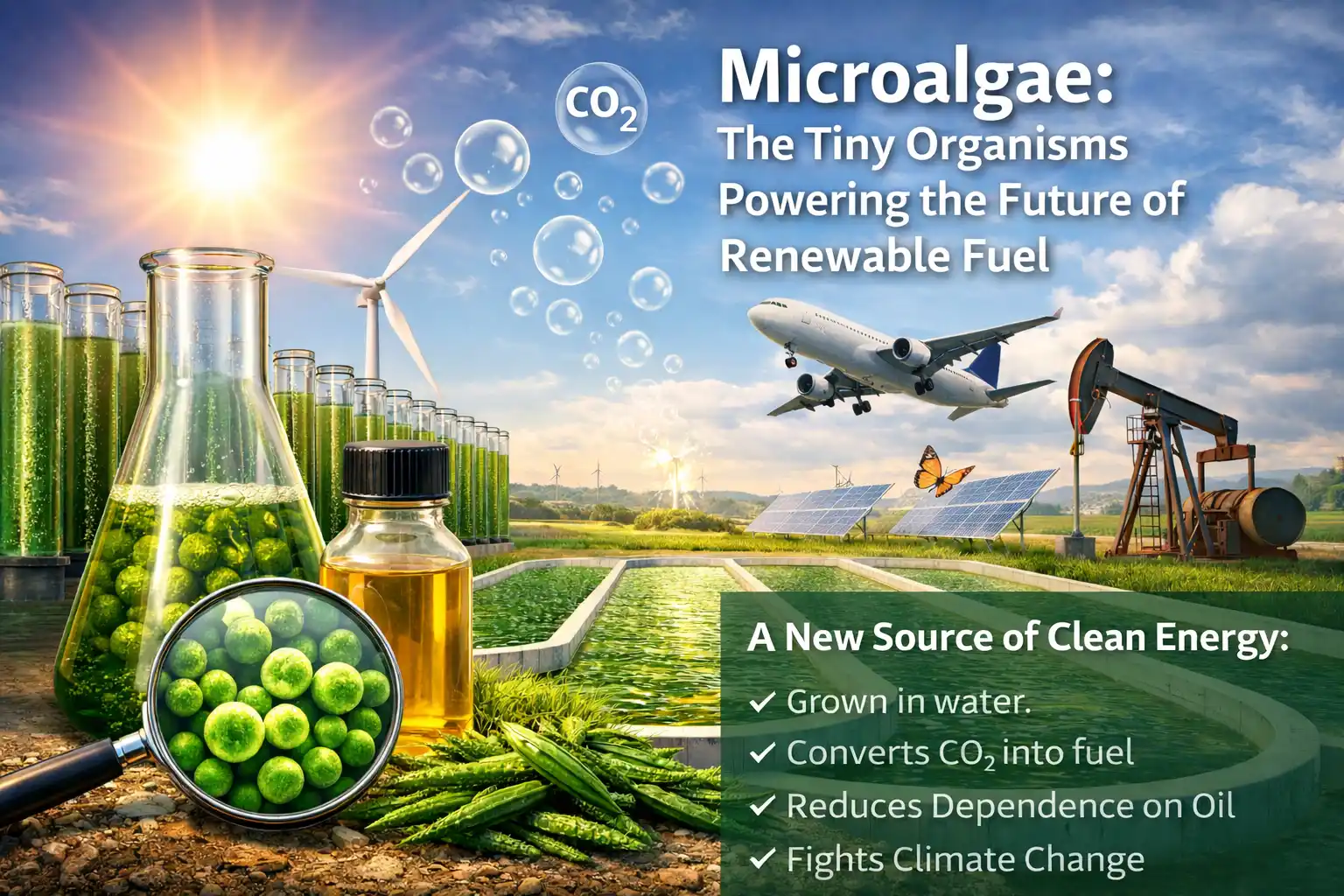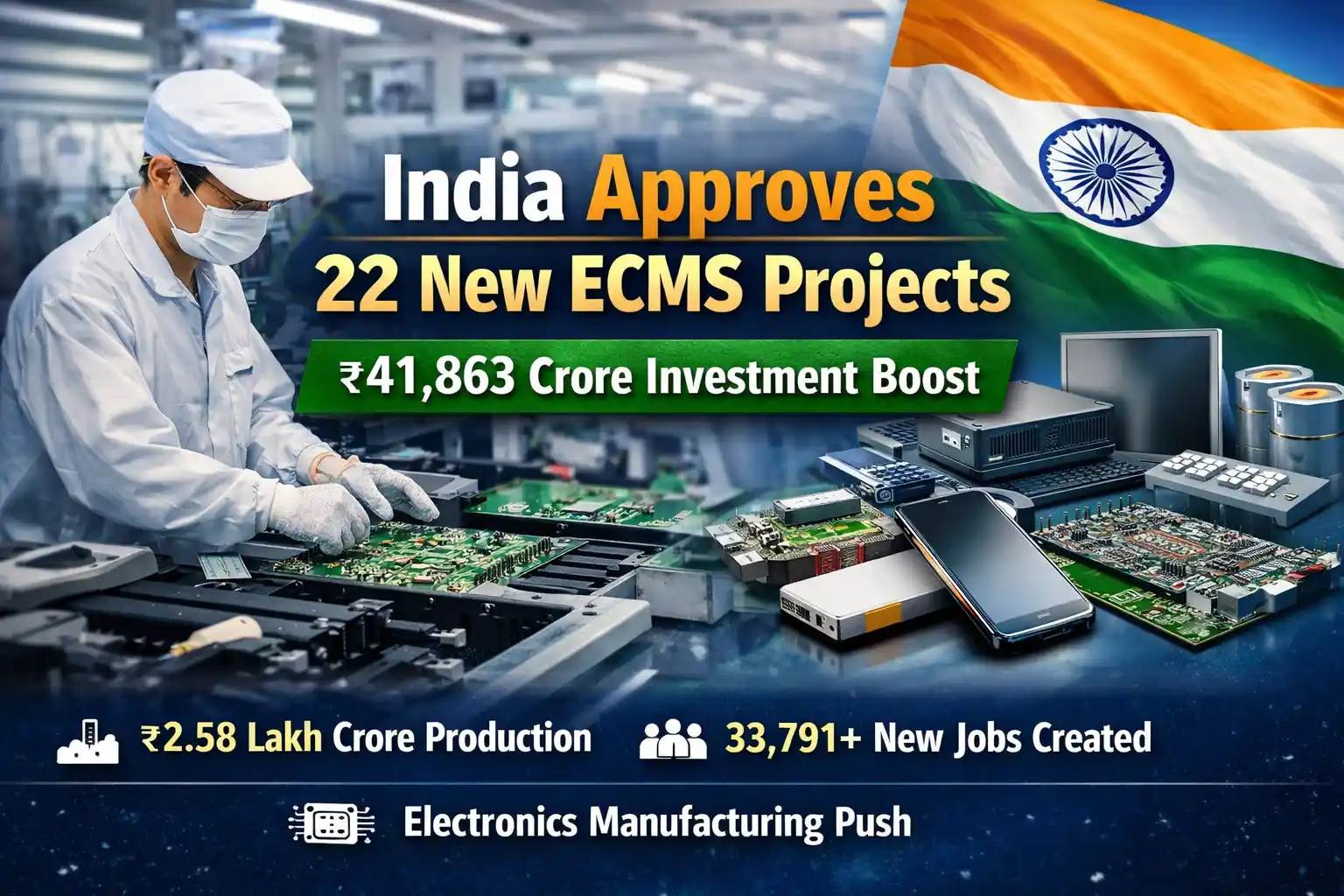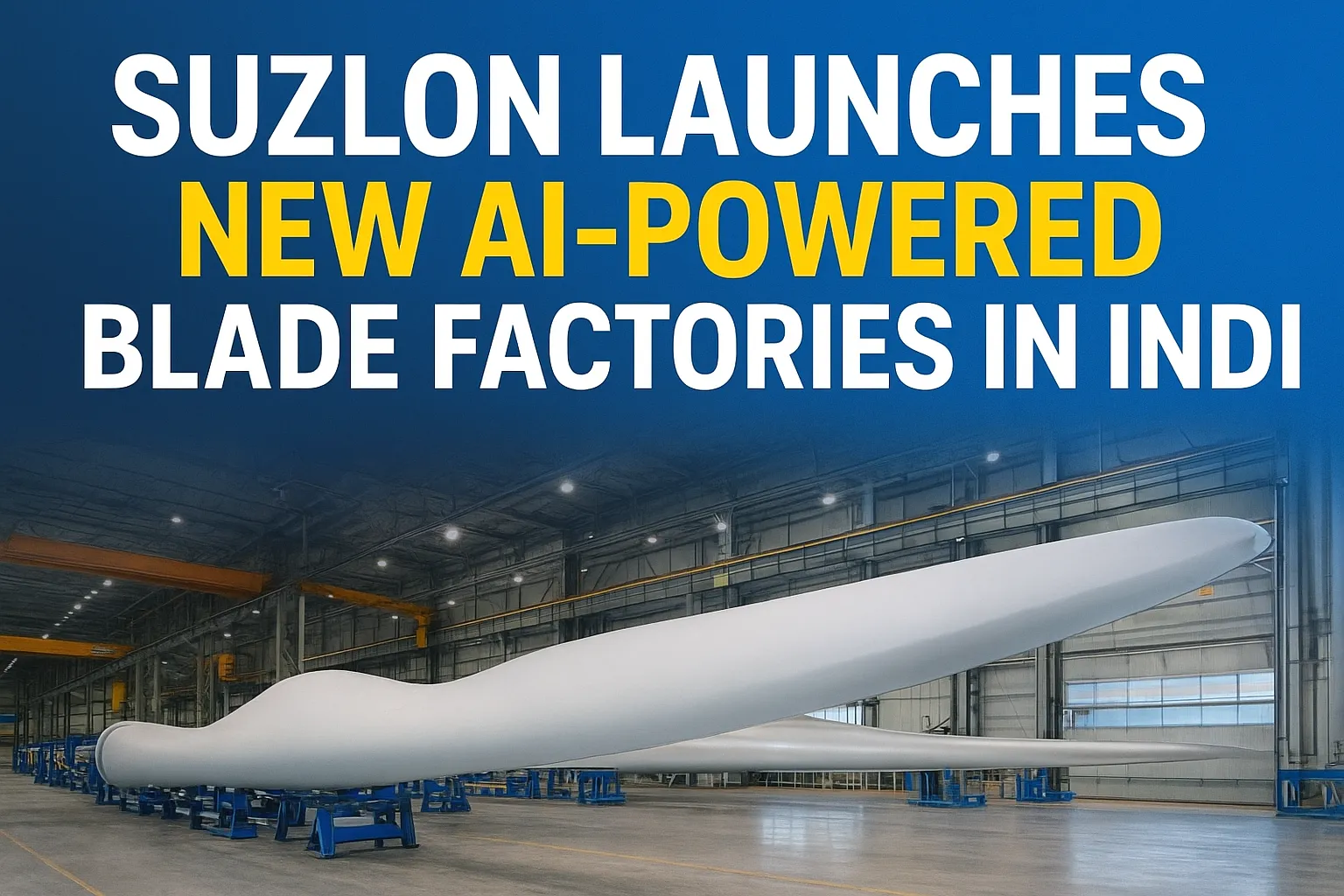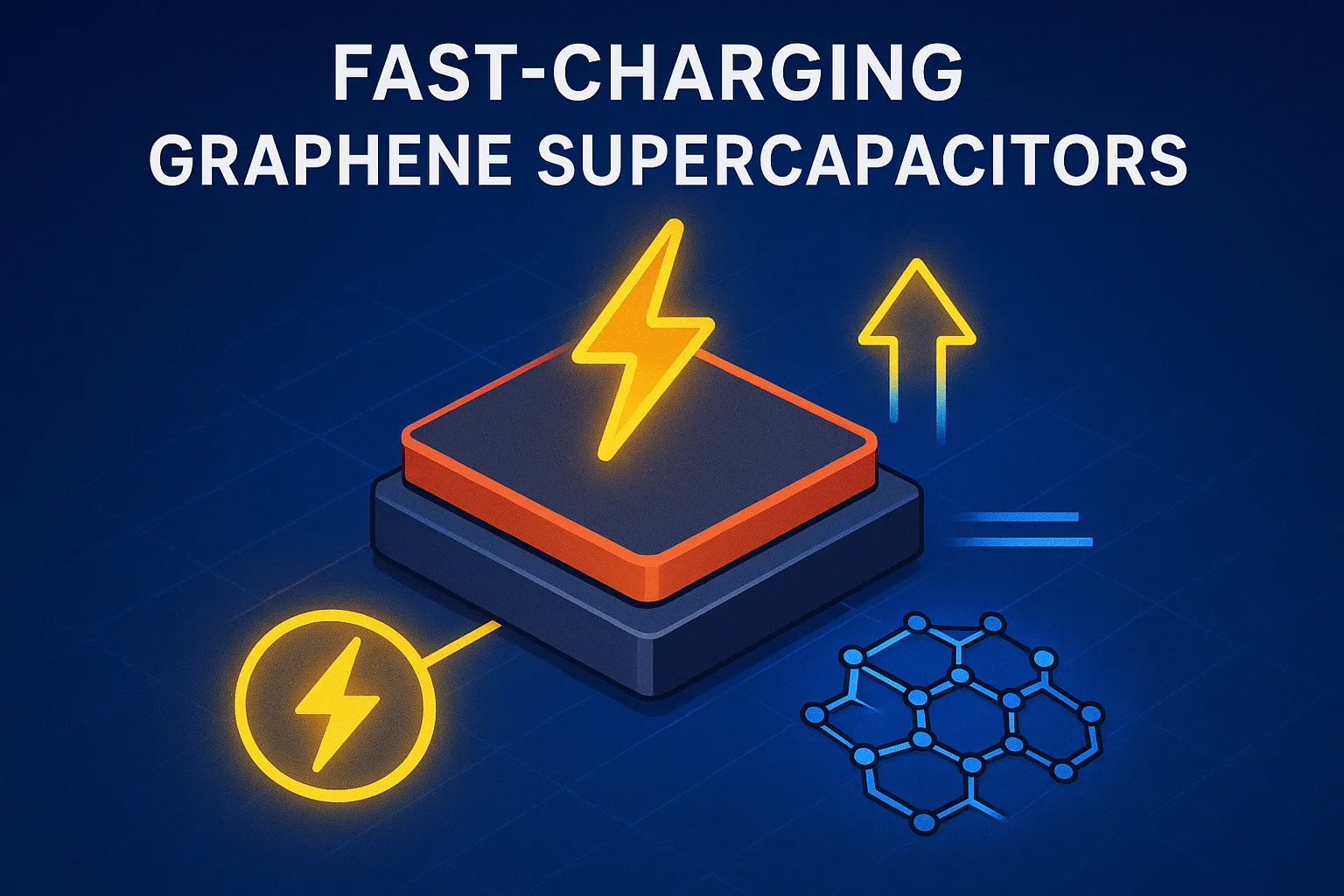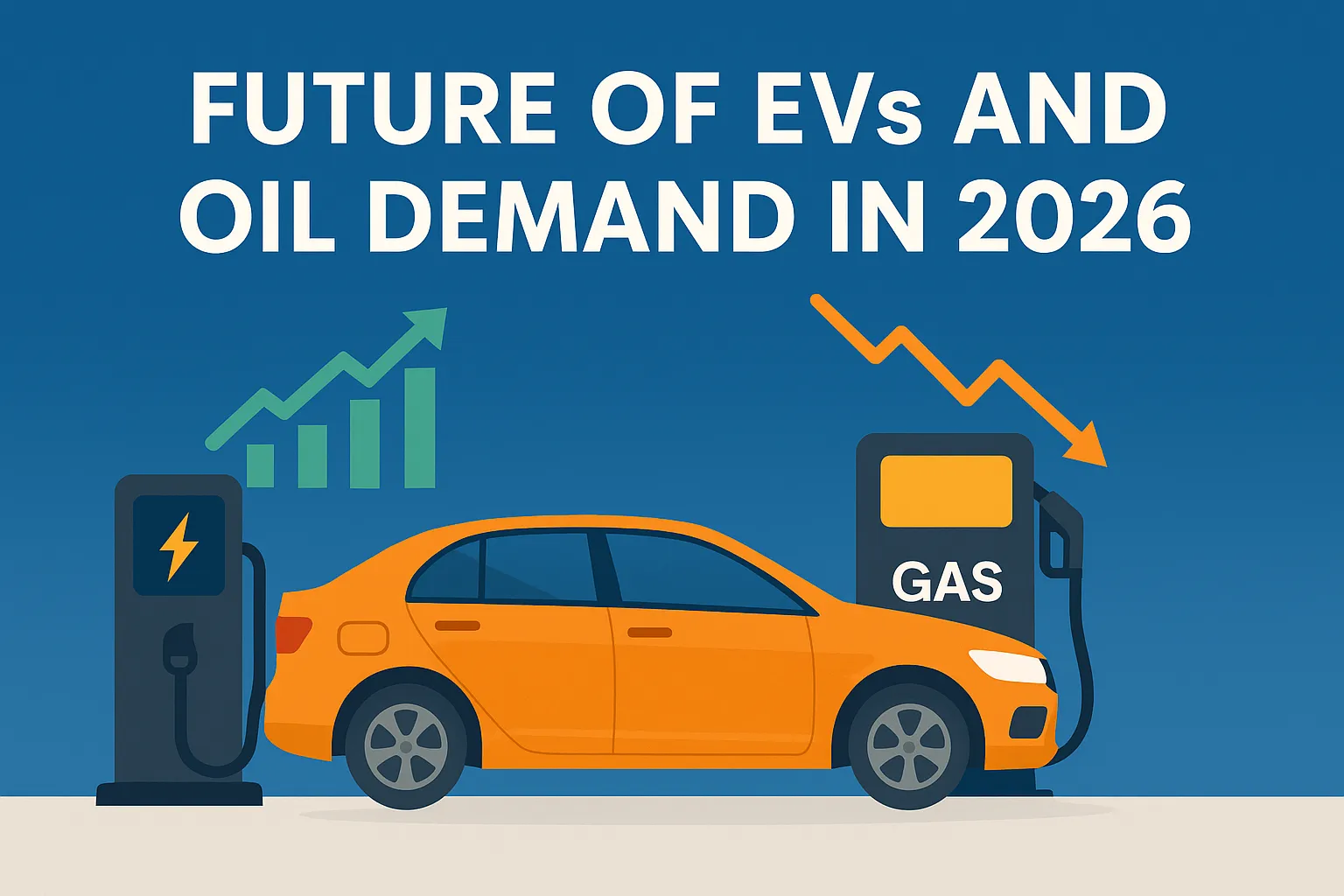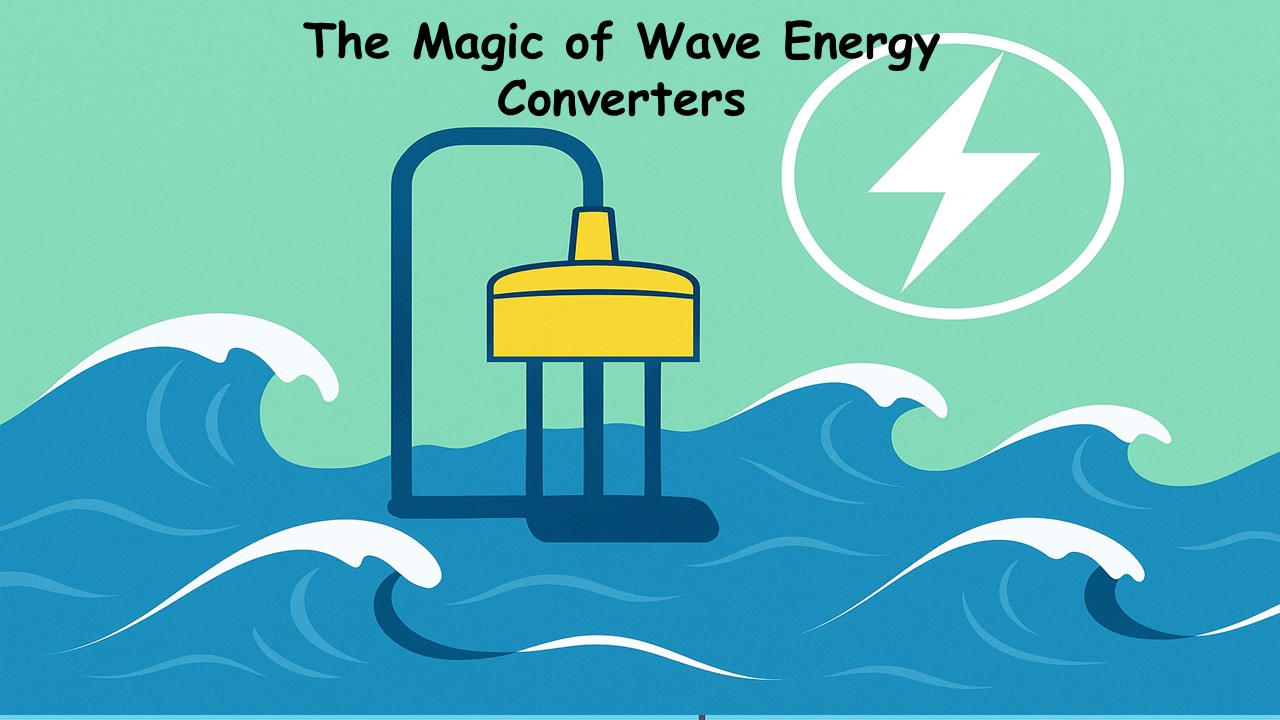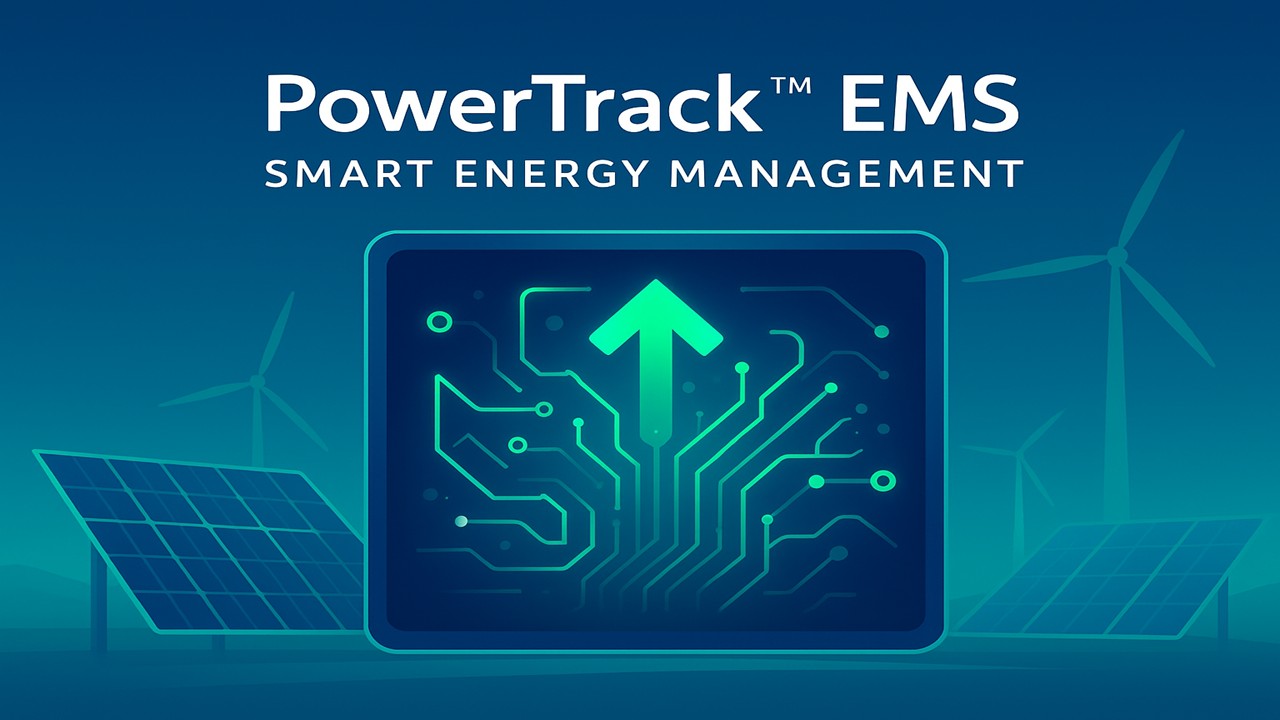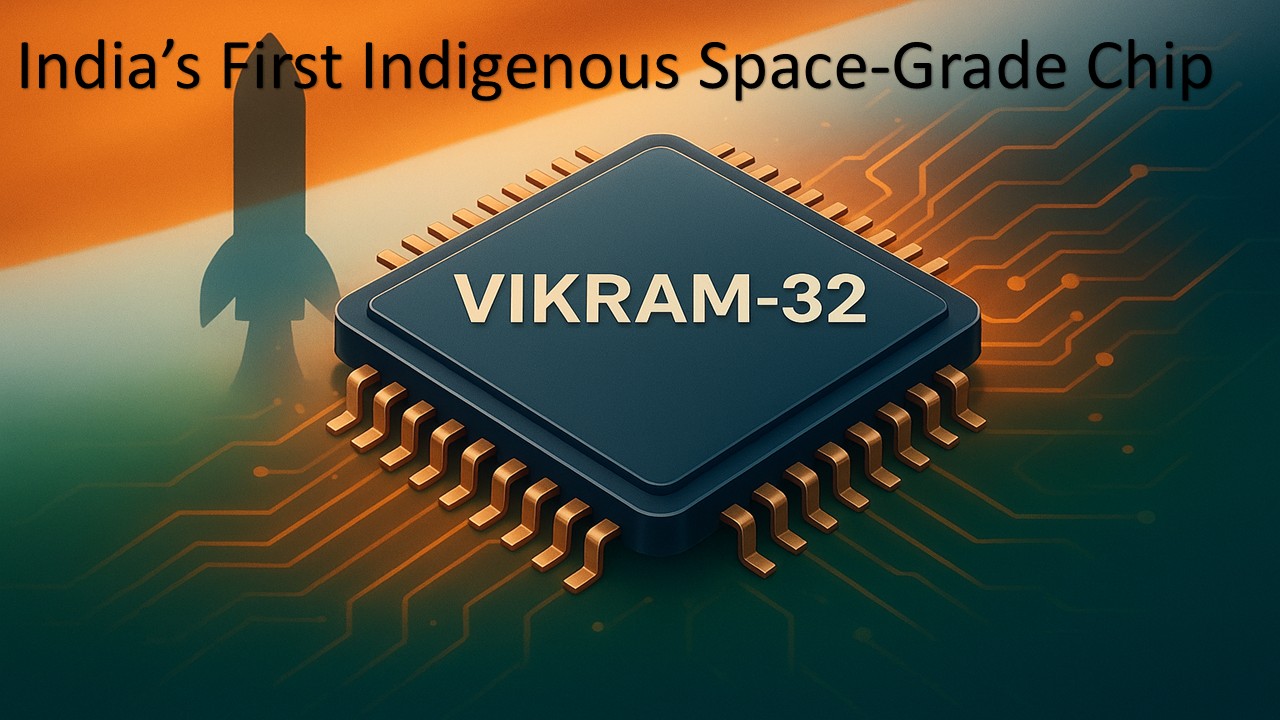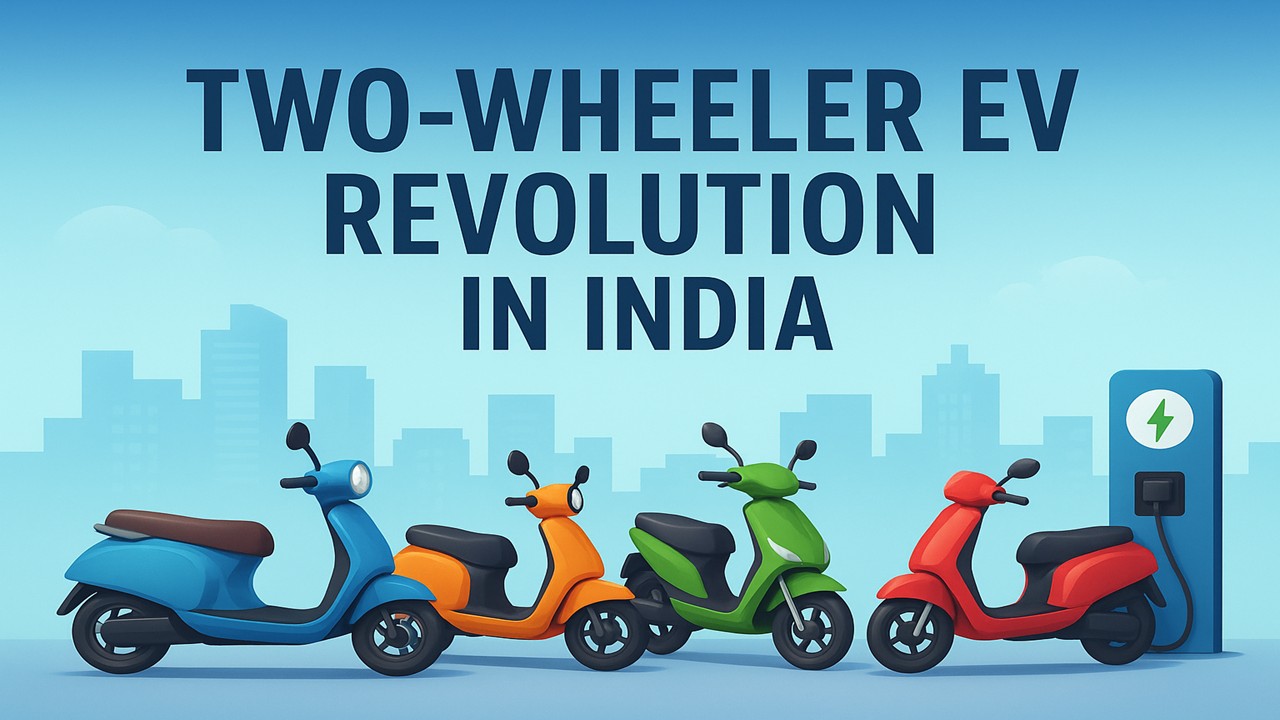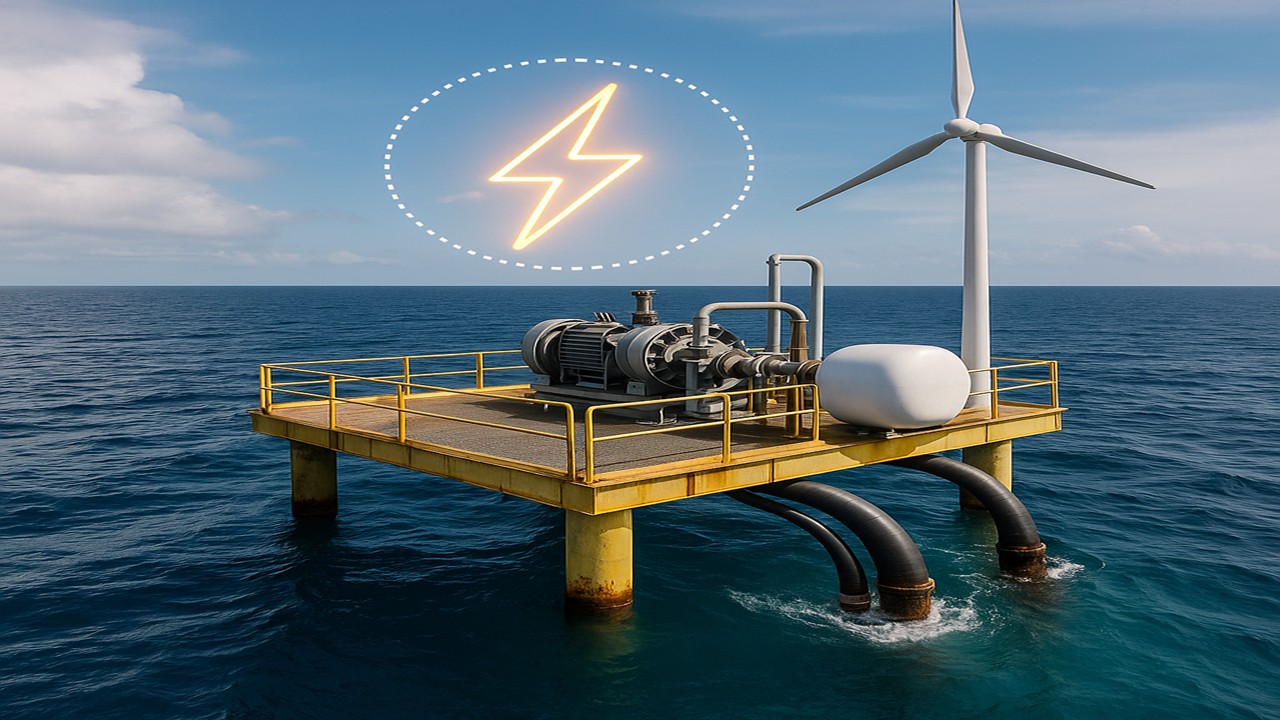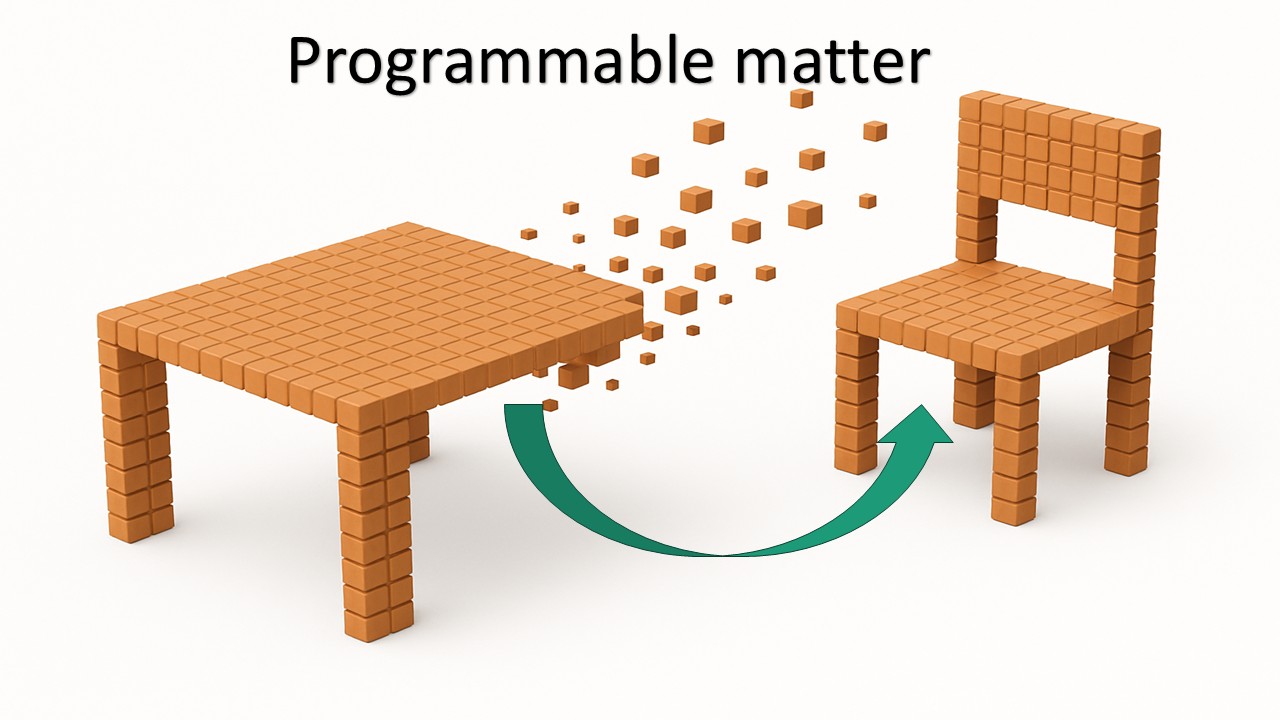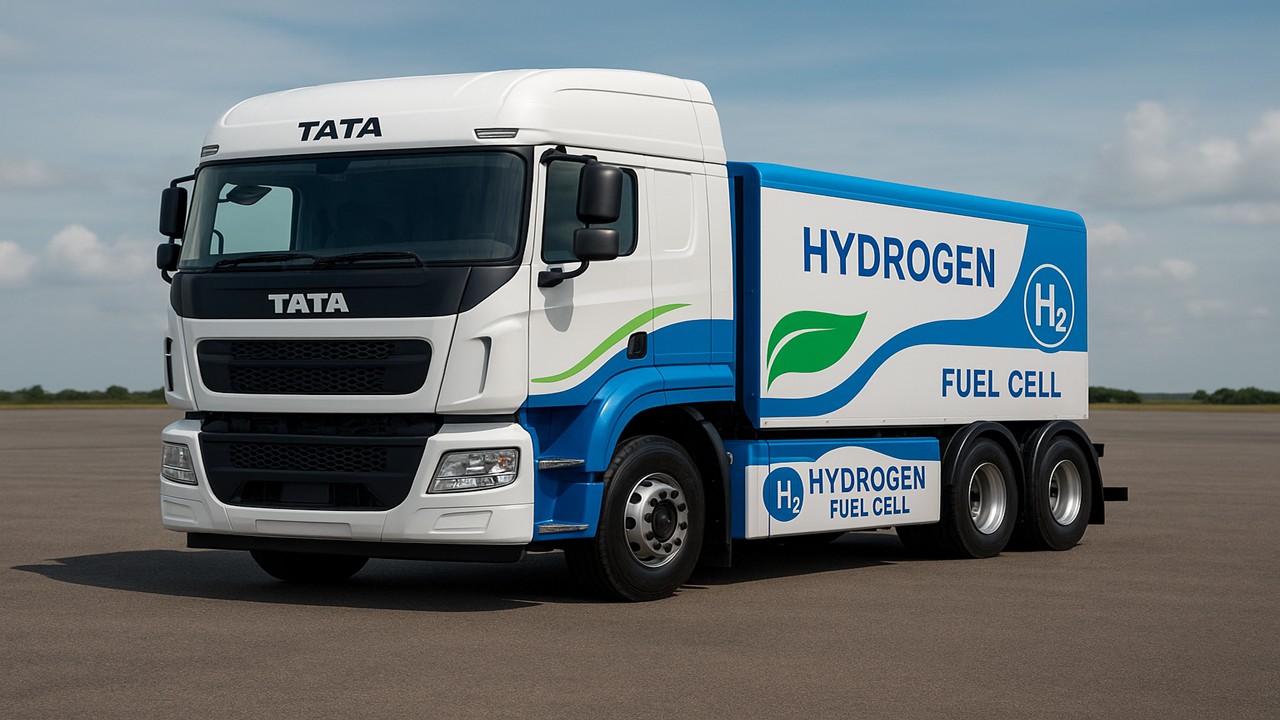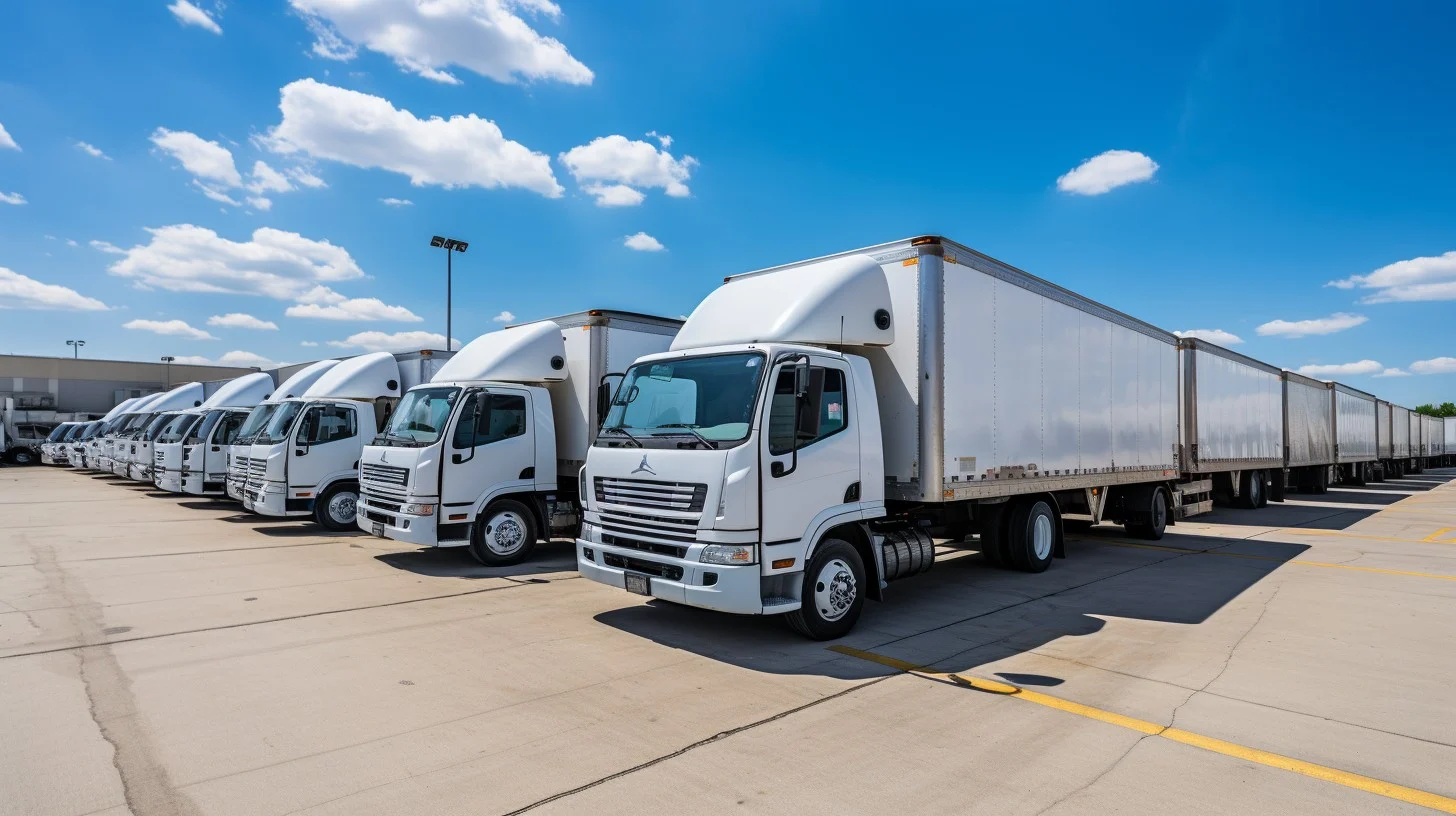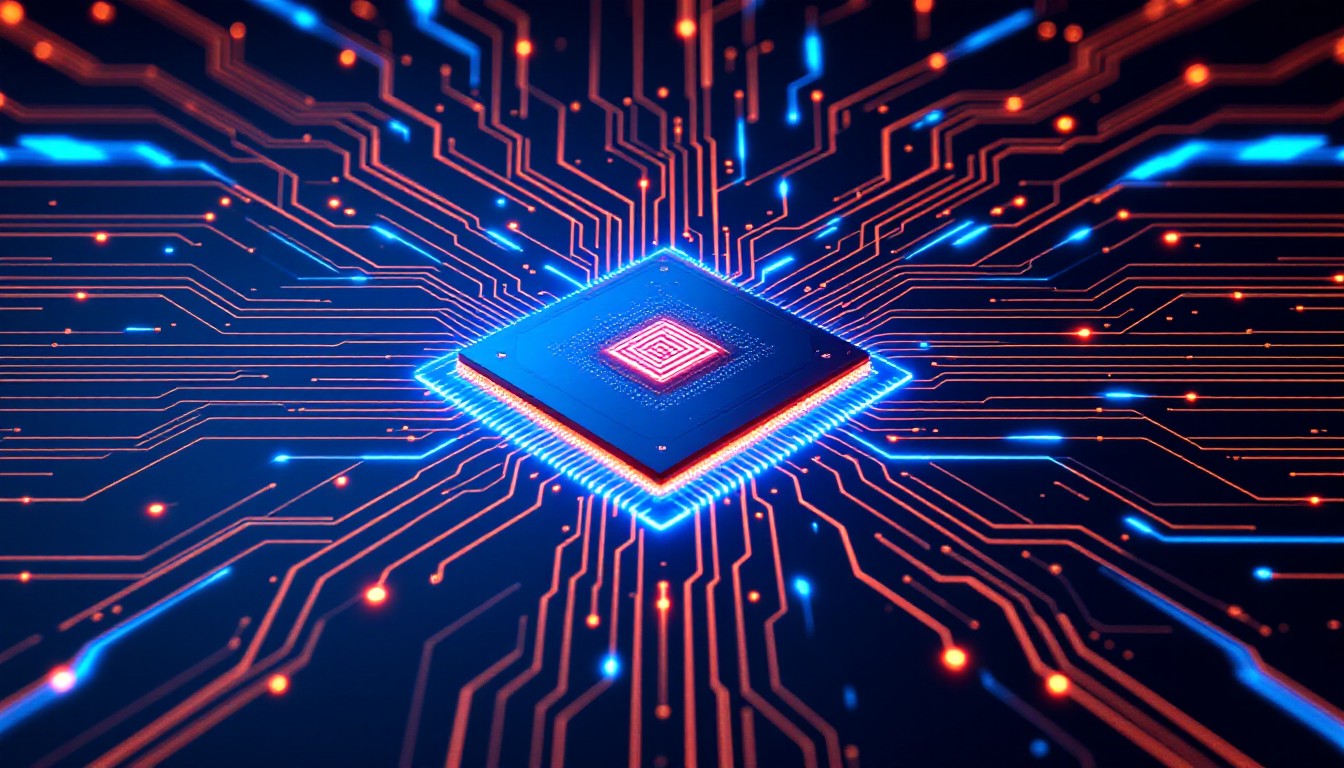
Imagine a world where your smartphone lasts for days without charging, electric vehicles travel thousands of kilometres on a single charge, and solar and wind energy power your home seamlessly, day and night. This isn’t just a distant fantasy; it’s the future being built today through advancements in battery technology. This new battery revolution will reshape our lifestyle, transportation, and how we consume energy.
Present and Future of Battery Technology
Currently, lithium-ion batteries are the most commonly used technology, but they have certain limitations—charging speeds are slow, they’re expensive, and not very durable. That’s why new innovations in battery technology are urgently needed. Several promising developments are taking place, with solid-state batteries, lithium-sulfur batteries, and sodium-ion batteries leading the charge. Let’s dive deeper into these technologies:
- Solid-State Batteries
Solid-state batteries are an advanced form of today’s lithium-ion batteries, replacing the liquid electrolyte with a solid one. This change makes the batteries safer and increases their energy density. With solid-state batteries, electric vehicle ranges could dramatically improve, and smartphone battery life could last much longer. Additionally, these batteries are more durable and can charge faster. - Lithium-Sulfur Batteries
Lithium-sulfur batteries are being hailed as the next generation of batteries because their energy density is five times higher than lithium-ion batteries. They are cheaper and have a lower environmental impact. These batteries could significantly increase the battery life of electric vehicles and smart devices. - Sodium-Ion Batteries
Since lithium reserves are limited and becoming more expensive, sodium-ion batteries are emerging as a potential alternative. Sodium is abundantly available and much cheaper than lithium. Sodium-ion batteries can be used for large-scale energy storage, especially in renewable energy-powered grids. These batteries are cost-effective and safe, offering solutions for large-scale energy storage challenges.
Indian Companies Leading the Charge
India is also moving towards major changes in battery technology, with several Indian companies innovating and working on future advancements. Here’s a look at some key Indian players in this battery revolution:
- Exide Industries: A leading battery manufacturer in India, Exide is researching lithium-ion batteries for sustainable energy. The company is focusing on the development of solid-state and lithium-ion batteries for electric vehicles and energy storage solutions.
- Amara Raja Batteries: This company is working on lithium-ion battery solutions and focusing on solid-state battery development at its research center. Its goal is to create affordable and sustainable batteries for electric vehicles and large-scale energy storage.
- Tata Chemicals: Part of the Tata Group, this company has recently ventured into lithium-ion battery development. Tata Chemicals is producing and processing key raw materials for battery manufacturing in India. The company is also working on advanced battery technologies that could reduce the cost of battery storage in the future.
- Ola Electric: Ola, a leader in electric scooter manufacturing, is investing in lithium-ion battery production and research to become self-reliant in battery technology. In the future, Ola plans to adopt solid-state batteries and other emerging technologies, expanding the reach of electric vehicles.
Global Leaders: Who’s Paving the Way?
Several global companies are leading rapid advancements in battery technology. These include:
- Tesla: Tesla, a pioneer in electric vehicles, is working on its new “4680 battery,” which promises higher energy density and faster charging. This battery could make electric vehicles more affordable and significantly increase their range. Tesla is now focused on manufacturing its own batteries to reduce dependency on external suppliers.
- QuantumScape: A leader in solid-state battery technology, QuantumScape is developing advanced batteries specifically for electric vehicles. These batteries offer faster charging and longer life, which will make electric vehicles more efficient.
- CATL (Contemporary Amperex Technology Limited): One of the world’s largest battery manufacturers, CATL is deeply invested in sodium-ion batteries. The company plans to bring these batteries to the market soon, offering a cost-effective and sustainable option for energy storage.
- BYD: This Chinese company is developing its “Blade Battery” for electric vehicles. It’s safer, cheaper, and lasts longer than lithium-ion batteries. This technology will significantly improve the performance of electric vehicles.
The Road Ahead
In the coming years, we can expect even more innovations in battery technology. Advancements in battery recycling will reduce waste, and fast-charging technologies will enable devices to charge in minutes. Furthermore, “air-breathing batteries” are emerging technologies that can store energy for days, helping to maximize the use of solar and wind power.
India is also on its way to becoming a key player in this space, with domestic plans for battery manufacturing, especially for electric vehicles. In the coming decades, battery technology will not only power our devices and vehicles but also provide electricity to entire cities.
The innovations happening in battery technology today will drastically transform our lives in the future. From smartphones to electric vehicles and homes, everything will become more efficient and environmentally friendly. The companies investing in these technologies today will lead us into a future that’s sustainable, energy-efficient, and full of possibilities. Get ready—the revolution is charging fast!






